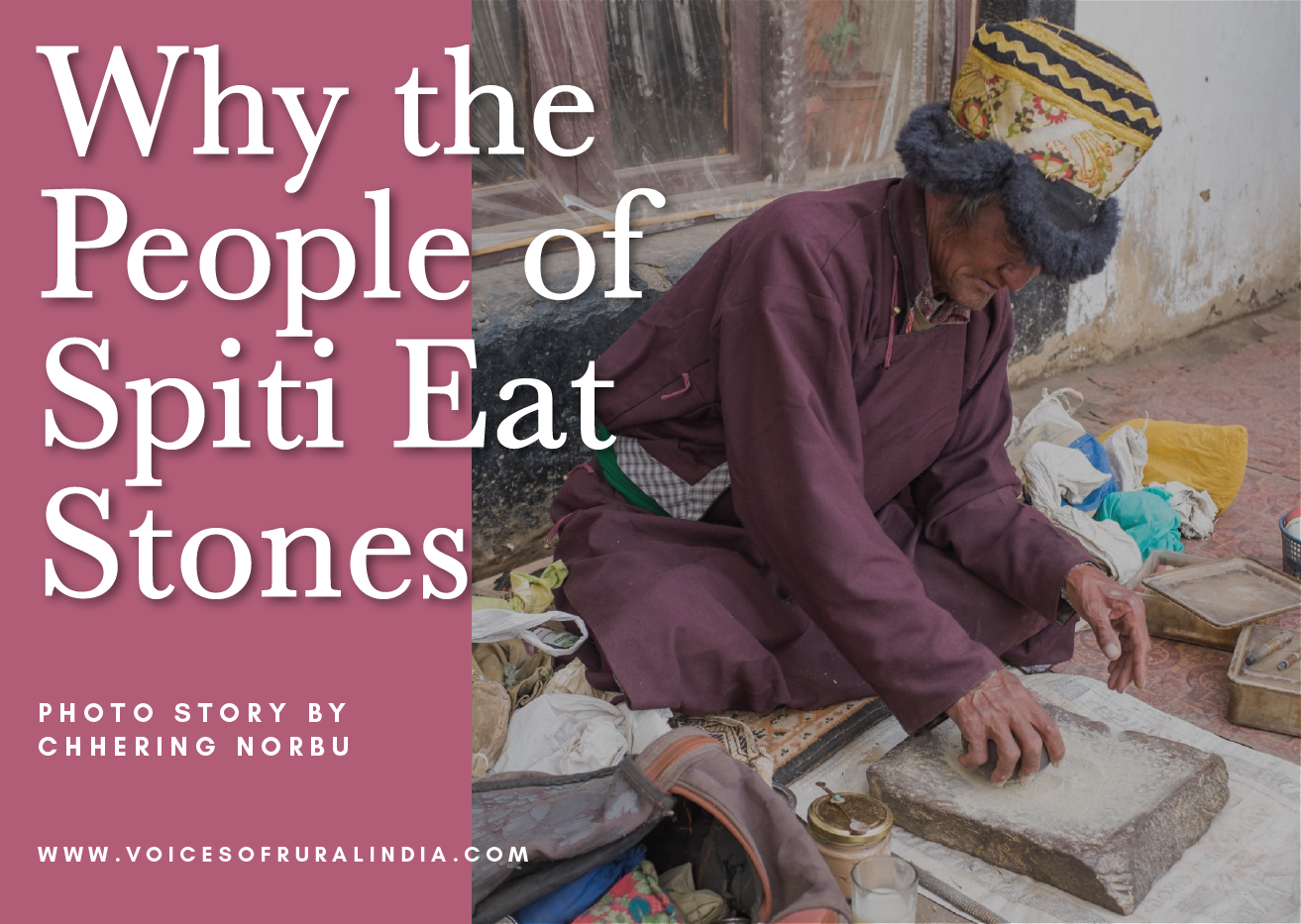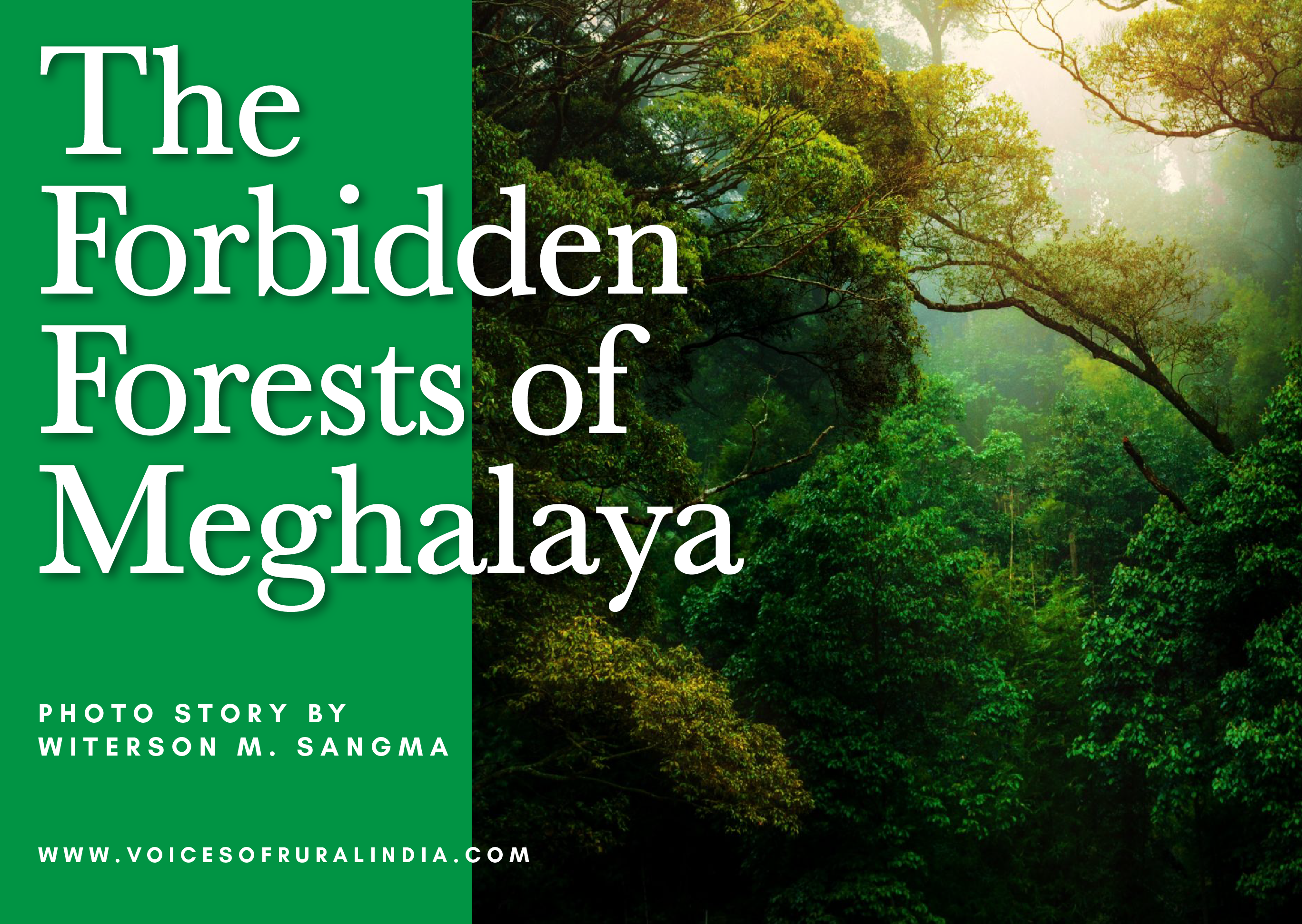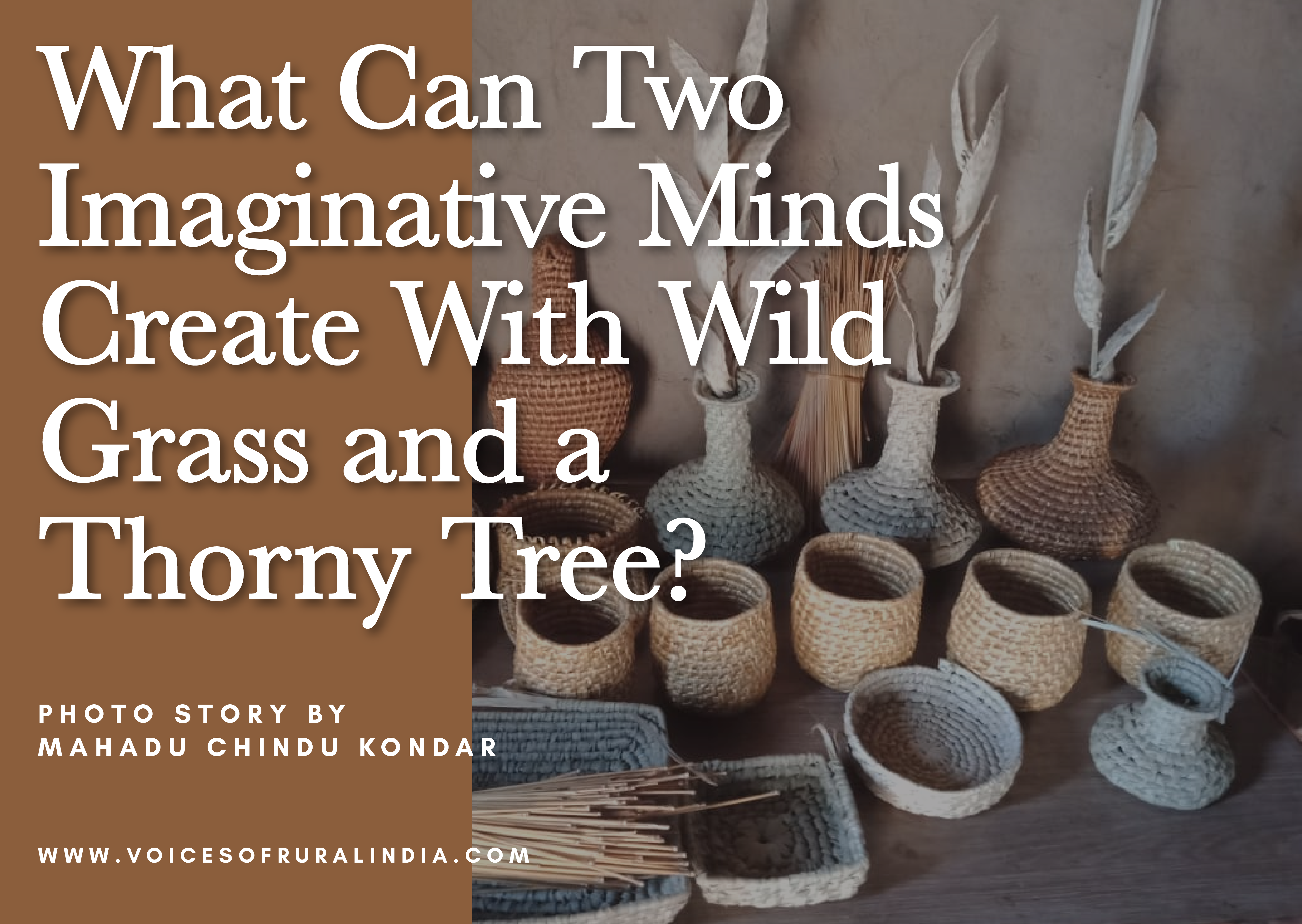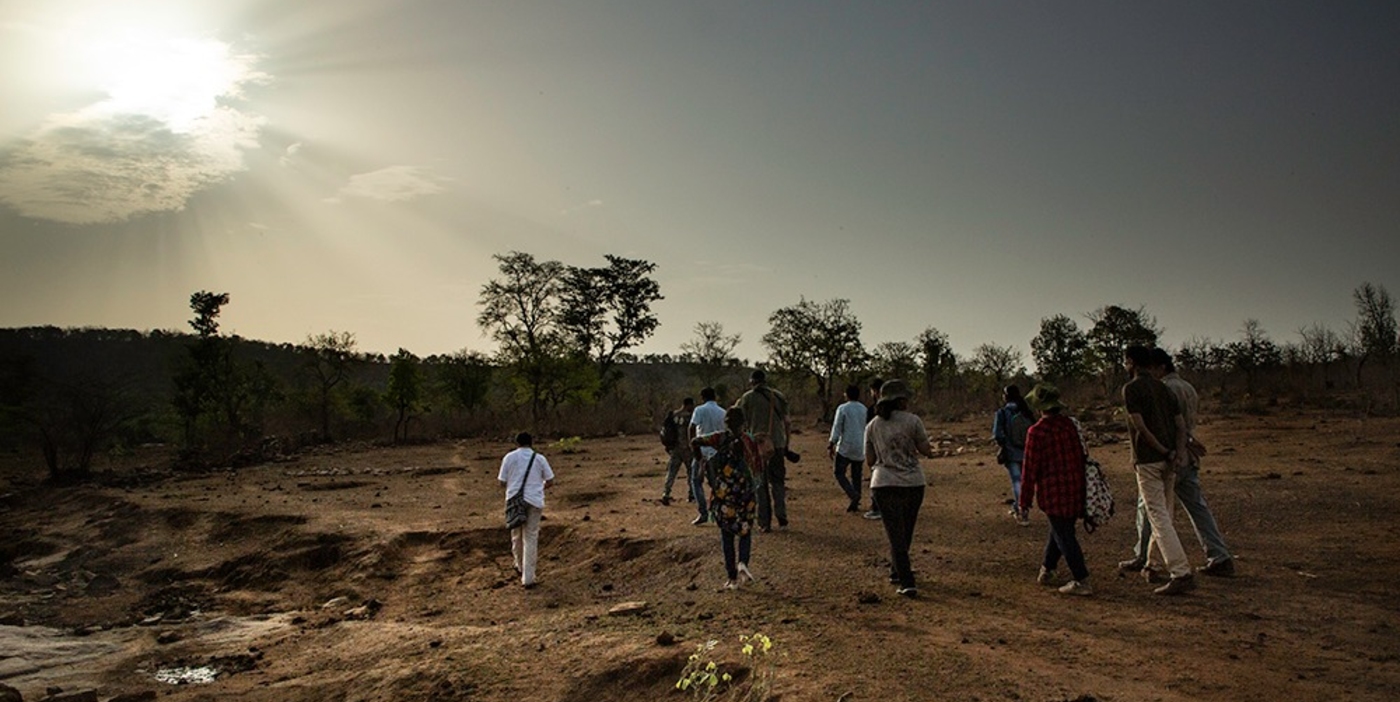
The impact of Covid-19 on individuals & communities working in tourism
11 August 2020 The Covid-19 pandemic and its domino effect of closed borders, cancelled flights, shuttered hotels and restaurants, and the complete stop of travel and tourism has severely impacted everyone dependent on this industry, one of the top job creators and income generators. In many parts of our country, individuals engaged in agriculture and in the arts and crafts sector, and many micro-entrepreneurs have bolstered their income by catering to travellers. Fishermen in Goa take tourists out to see dolphins, farmers in Himachal Pradesh have turned part of their homes into homestays, and artisans in Rajasthan conduct textile and crafts workshops. None of this is happening now. How has this complete stop in travel affected these individuals?
To find out, we bring to you RT Local - a series of conversations with those who work at the grassroots of travel and showcase their region and culture to travellers. Hear from them how they have been affected and what they think travel will look like post-Covid.
The wilderness of Panna National park in Madhya Pradesh is quite varied. Here, the jungles range from dry grasslands to lush forests, watered by the Ken River. Multiple waterfalls and gorges give this land a unique character. Like the other national parks of Madhya Pradesh, Panna too is home to the majestic tiger. But these forests are also home to many other animals, like the sloth bear, panther and many types of Indian deer.
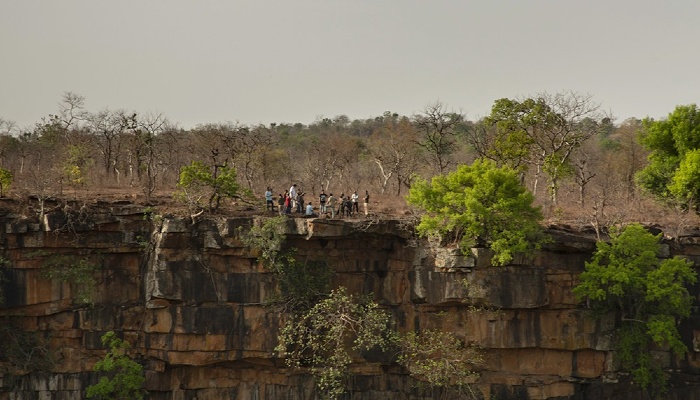
These forests have also supported many tribal communities for generations. Once upon a time many of these communities made their home within the jungles but with changing times and laws, they have moved to villages in the fringe areas. Once living in close harmony with the forests, these communities have struggled within the confines of the modern economy.
One such is the Pardhi community. The Pardhis were nomadic and are trackers par excellence and can ‘read’ the forest like no one else can. Their skills led them to being hired for ‘shikars’ from the time of the Mughals. But with the banning of such hunts, many in the community turned to paching to earn a living. Over the years forest officials and environmental organisations have been able to get the community members to give up poaching. One such organisation, the Last Wilderness Foundation provided them training to use their traditional skills to become forest guides.
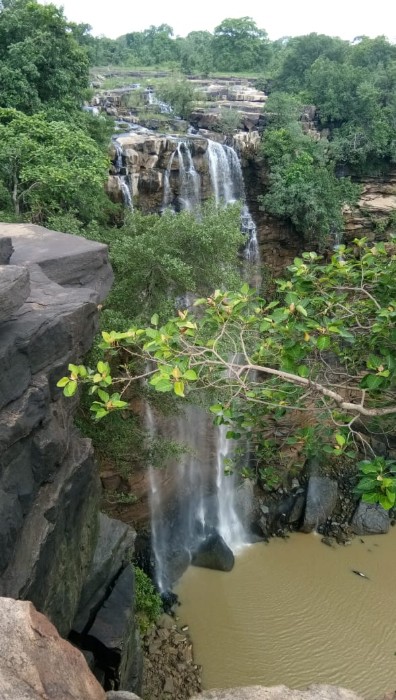
For the past few years, the Pardhis have used their age-old knowledge of the forest and the skills of identifying animal tracks and signs to offer guests a forest experience unlike any other. The 'Walk with the Pardhis' is a forest walk led by Pardhi guides. They share their knowledge about the forest, its trees, animals and birds with guests. The Pardhi guides are also fantastic mimics, mimicing the calls of different birds and animals in the wilderness. Tourists can also enjoy a demonstration on how a ‘teetar’ whistle or hand-carved bead is made. While the whistle is said to perfectly imitate the call of the Francolin and is made from the wood of the khair or tendu tree, the hand-carved bead has motifs from the wilderness. These products make for beautiful wildlife collectables and, apart from giving a source of livelihood to the Pardhi community members, also help in the preservation of the community’s skillsets and culture.
However, with the Covid-19 pandemic and the resultant travel bans the Pardhis are once again left without a means of earning income. While organisations like the Last Wilderness, the local administration and well wishers have provided support, they are hoping guests will be back soon.
In this video, Batal Pardhi, one of the forest guides, talks about what Panna and the Pardhis have to offer to guests:


